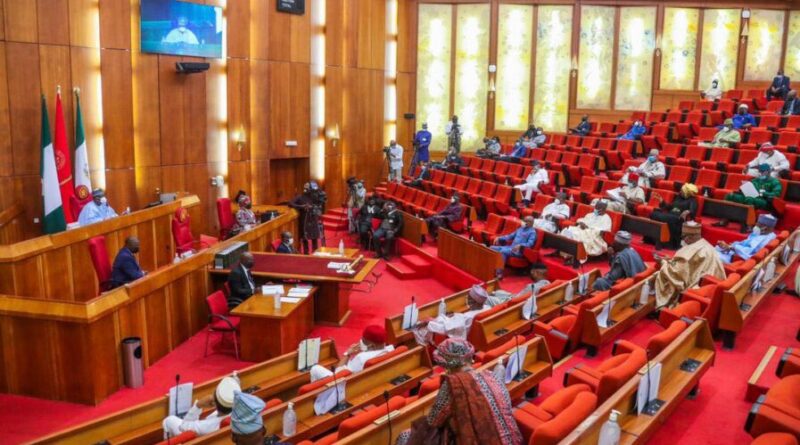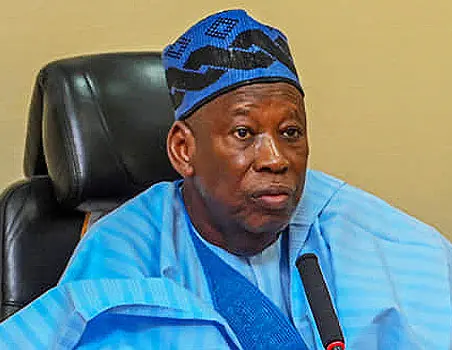Call for Senate to Reject Proposed Bill for Six-Year Presidential Tenure
Accountability Lab (AL) Nigeria has urged the Senate to reject a controversial bill proposing a six-year tenure for the President, Governors, and Local Government Area Chairpersons. The bill, which was initially passed by the House of Representatives for its first reading on July 17, 2024, seeks to amend the Nigerian Constitution and extend the tenure of these officeholders from four to six years. The proposed amendment aims to eliminate the costs and disruption associated with frequent elections.
The bill suggests altering Sections 7, 135, 137, 180, and 182(1) of the Constitution of the Federal Republic of Nigeria, 1999 (as amended). While proponents argue that it would reduce election-related expenditures, critics, including AL Nigeria’s Country Director Odeh Friday, believe the amendment poses a serious threat to the nation’s democracy.
In a statement released yesterday in Abuja, Friday commended the House of Representatives for rejecting the bill, urging the Senate to follow suit should the bill reach their chamber. He expressed concern over the bill’s potential to undermine democratic values and governance in Nigeria. He emphasized that extending the tenure of elected officials could diminish the accountability of political leaders and reduce voter engagement.
Friday pointed to international examples, such as Zimbabwe and Burundi, where the extension of presidential terms led to political instability and diminished trust in democratic processes. In Zimbabwe, former President Robert Mugabe’s extended rule through constitutional amendments resulted in widespread governance issues. Similarly, in Burundi, President Pierre Nkurunziza’s decision to extend his tenure sparked unrest and diminished public confidence.
Highlighting the importance of regular elections, Friday stated that they ensure elected leaders remain responsive to their constituents’ needs. He noted that midterm elections often result in lower voter turnout, citing Nigeria’s 2019 general elections where voter turnout dropped to 35.6% from 44.9% in 2015.
AL Nigeria emphasized the need to address more immediate challenges, including insecurity, inflation, and human rights violations, rather than extending political tenures. Friday called on the Senate to prioritize strengthening the Electoral Act, improving voter registration, and ensuring the independence of the Independent National Electoral Commission (INEC). These reforms, he argued, would lead to increased voter participation, better governance, and more accountable political leaders.








